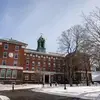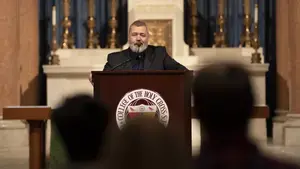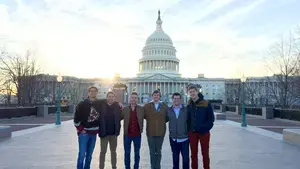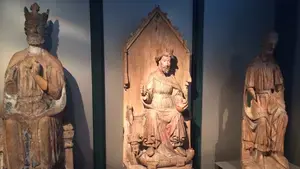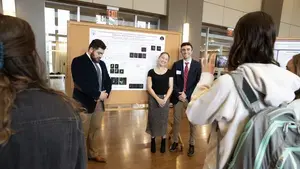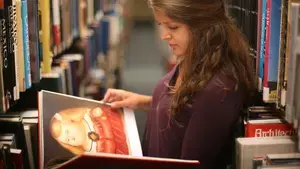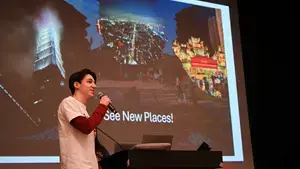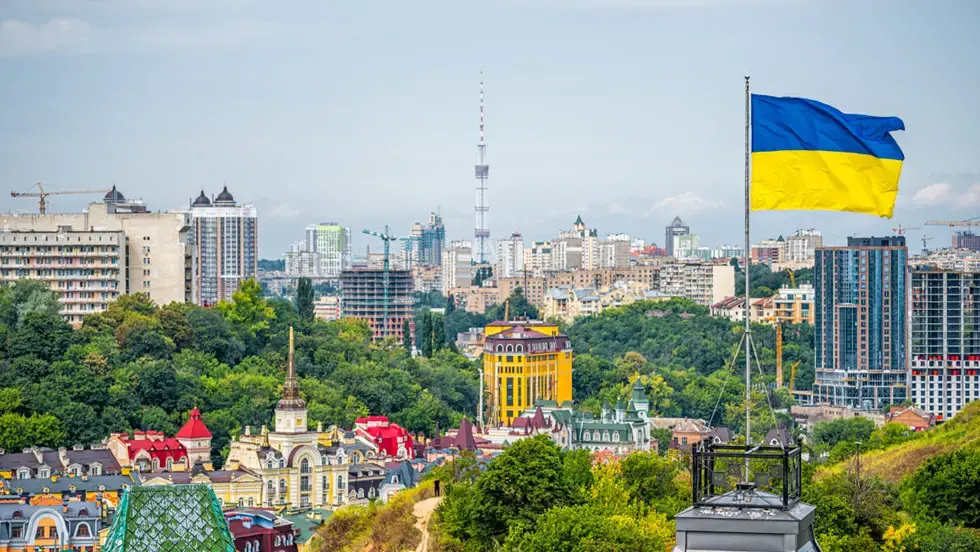
Russian Studies
Areas of Study:
- Russian language
- Critical thinking and analytical writing
- Russian history, art, and culture
- Early Russia, 19th century, 20th century, contemporary Russia
- Genres (epic and folk tale, drama, poetry, prose, film)
- Geographical regions (Kievan Rus, European Russia, Siberia)
Requirements for Majors
Majors must successfully complete:
- Russian 102 (Elementary Russian 2)
- Russian 201, 202 (Intermediate Russian)
- One semester of a 300-level language courses (Russian 301, Russian 399, an advanced language Practicum associated with a Russian course conducted in English, or study abroad), although majors are encouraged to continue language study throughout their college careers.
- A minimum of four literature and/or culture courses.
- Of these four courses, at least one must be selected from those conducted in Russian (Russian 392, Russian 399, summer or study abroad courses, or an advanced language Practicum associated with a Russian course conducted in English).
- Historical Period
- Genre
- Thematic
Courses in 19th Century Russian Literature and 20th Century Russian Literature are highly recommended.
Students may count toward the major up to two courses on Russia offered in other departments like Political Science and History.
Majors are strongly encouraged to participate in our study abroad program in Daugavpils University, Latvia.
Students have the option for Maymester (1 major credit), semester (4 major credits) or academic year (8 major credits) programs. Majors who study abroad should plan to take at least one course at Holy Cross in their fourth year.
Language placement procedures for all languages can be accessed via the STAR student system. A language placement tile is displayed on the STAR dashboard.
You must follow the language placement procedures if 1) you have already studied a language that you wish to continue at Holy Cross or 2) you have any knowledge of the language through family or community.
Requirements for Minors
Minors are required to successfully complete:
- Russian 102 (Elementary Russian 2)
- Russian 201, 202 (Intermediate Russian)
- One semester of a 300-level language courses (Russian 301, Russian 399, an advanced language Practicum associated with a Russian course conducted in English, or study abroad).
- At least three additional Russia-related courses depending on their interests and focus.
- Students may count toward the minor up to two courses on Russia offered in other departments like Political Science and History.
Minors are strongly encouraged to participate in our study abroad program in Daugavpils University, Latvia.
Students have the option for Maymester (1 minor credit), semester (4 minor credits), or academic year programs (8 major credits). Minors who study abroad are required to take at least three Russian courses at Holy Cross (which may include Elementary Russian Language) and at least one in their fourth year.
Language placement procedures for all languages can be accessed via the STAR student system. A language placement tile is displayed on the STAR dashboard.
You must follow the language placement procedures if 1) you have already studied a language that you wish to continue at Holy Cross, or 2) you have any knowledge of the language through family or community.
Meet Your Program Director
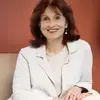
Opportunities
Events
The Russian program hosts a full calendar of cocurricular events. These events include films, live performances, panels and lectures and sponsored trips to museums, theaters, restaurants and cultural sites.
Washington Semester Program
Russian Studies students with an interest in government, law and business regularly participate in the Washington Semester Program, a highly competitive, semester-long program offered in Washington, D.C., through Holy Cross. The program welcomes students from all disciplines to connect their academic learning with direct, professional experience in their major fields. Through the Program, students have the opportunity to work with national leaders and engage in independent research.
Internships
In addition to Russian faculty forwarding job and internship information to students enrolled in Russian classes, The Icon Museum and Study Center in nearby Clinton and American Association of Teachers of Slavic and East European Languages (AATSELL) provide many internships.
The Icon Museum and Study Center
The Icon Museum and Study Center, in nearby Clinton, Massachusetts, holds one of the world’s largest collections of Russian icons. In the spring, the Russian Program sponsors a trip to the museum to study the sacred, "living texts" that serve as a window between heaven and earth and a gateway between the Orthodox believer and God.
National Slavic Honor Society
Dobro Slovo, the national Slavic Honor Society, was founded in 1926 to recognize the academic excellence of students studying Slavic languages and literatures and to foster scholarly interest in Slavic life and culture. There are now over 130 local chapters and over 6,200 members. Qualified students receive this national academic award each spring during the Academic Conference.
Research
For students interested in research, the Russian Studies faculty works with select students through the College Honors Program, the Weiss Summer Research Program and other programs (like the Washington Semester Program and GSWS) that require capstones and theses.
Study Abroad
Our program in Daugavpils, Latvia is designed specifically for Holy Cross students and is based in the Russian Speaking town of Daugavpils, Latvia. Students have a range of options, including a six-week summer program, a semester program and an academic year program. Language levels range from elementary to advanced.
